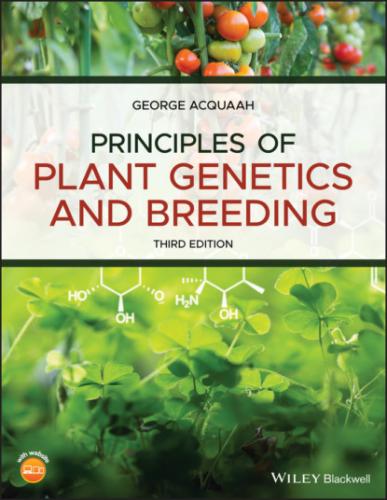18 Section 13: Societal issues in plant breeding 34 Value‐driven concepts and social concerns 34.1 Concepts of ethics, morals, and values 34.2 Evolution of social debates on science‐based issues 34.3 Ethics in plant breeding 34.4 Risk analysis of biotechnology 34.5 Genetic use restriction technologies 34.6 Public perceptions and fears about biotechnology 34.7 Some concerns of plant breeders 34.8 GM foods and the issue of food allergy 34.9 The concept of organic plant breeding 34.10 Principles of organic plant breeding 34.11 Acceptable organic plant breeding techniques 34.12 Making agricultural biotechnology more acceptable to society 34.13 The “halo effect” of GM crops in the field 34.14 The rise of minor pests in GM fields 34.15 Who owns biodiversity? Key references and suggested reading Internet resources Outcomes assessment 35 International plant breeding efforts 35.1 International crop research centers 35.2 The CGIAR centers and their mission 35.3 Brief overview of plant breeding in developed countries 35.4 Plant breeding efforts in Sub‐Saharan Africa 35.5 Biotechnology efforts in developing countries 35.6 Participatory plant breeding (PPB) 35.7 Conventional plant breeding versus decentralized‐participatory plant breeding 35.8 The Green Revolution 35.9 The Green Revolution and the impact of international breeding efforts Key references and suggested reading Internet resources Outcomes assessment
19 Section 14: Breeding selected crops 36 Breeding wheat 36.1 Economic importance 36.2 Origin and history 36.3 Adaptation 36.4 History of breeding in the US 36.5 Commercial wheat classes 36.6 Germplasm resources 36.7 Cytogenetics 36.8 Genetics 36.9 General botany 36.10 Reproductive biology
